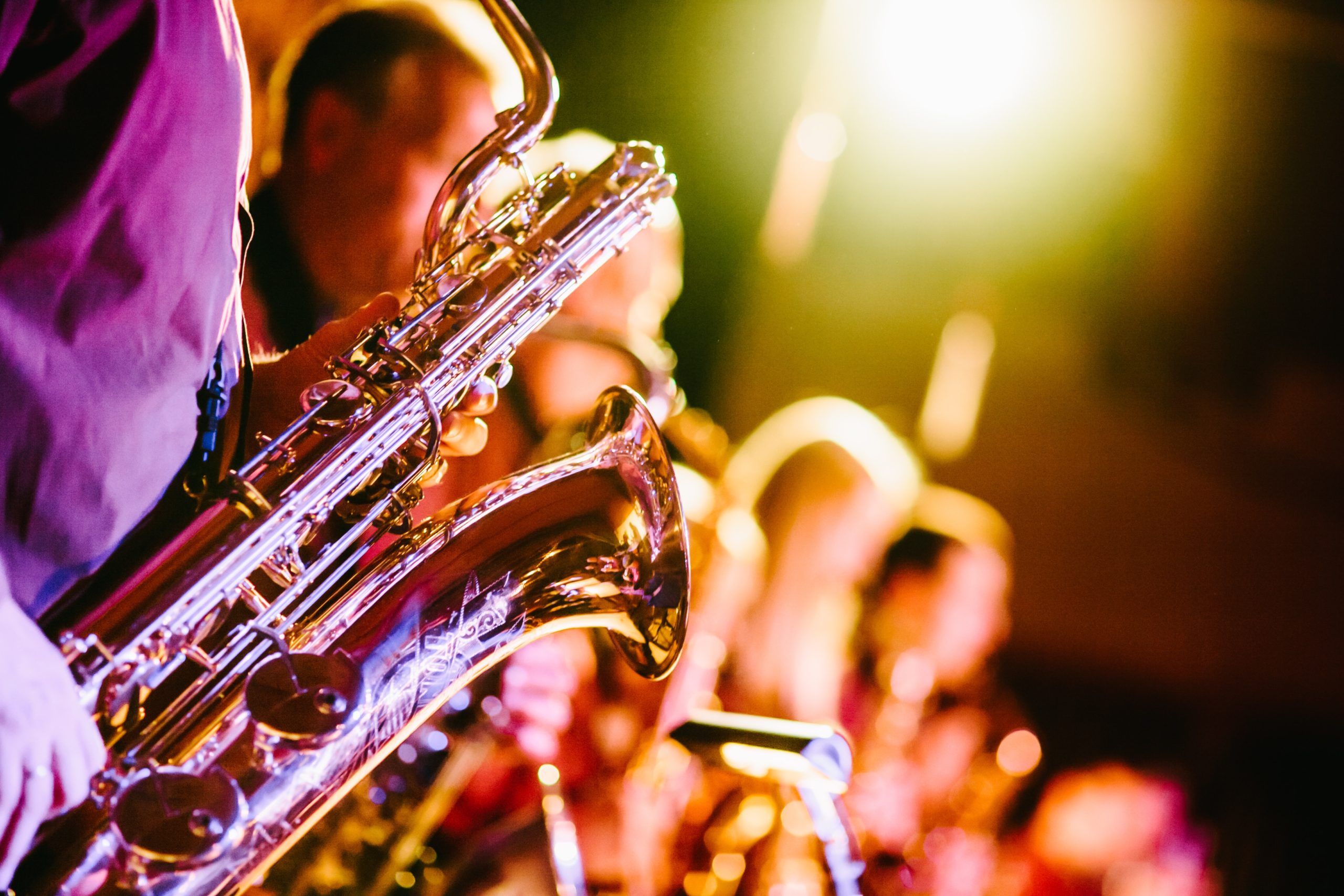The Impact of Music in Podcast Production is a captivating article that explores the significance of incorporating music into podcast episodes. With a friendly tone, the article sheds light on the powerful role that music plays in enhancing the overall listening experience for podcast audiences. It goes beyond just listing a bunch of podcast production equipment and instead focuses on the added value that music brings to the storytelling and emotional engagement of a podcast. Whether it’s creating an atmosphere, setting the mood, or emphasizing key moments, the article highlights the ways in which music can truly elevate a podcast and keep listeners hooked.
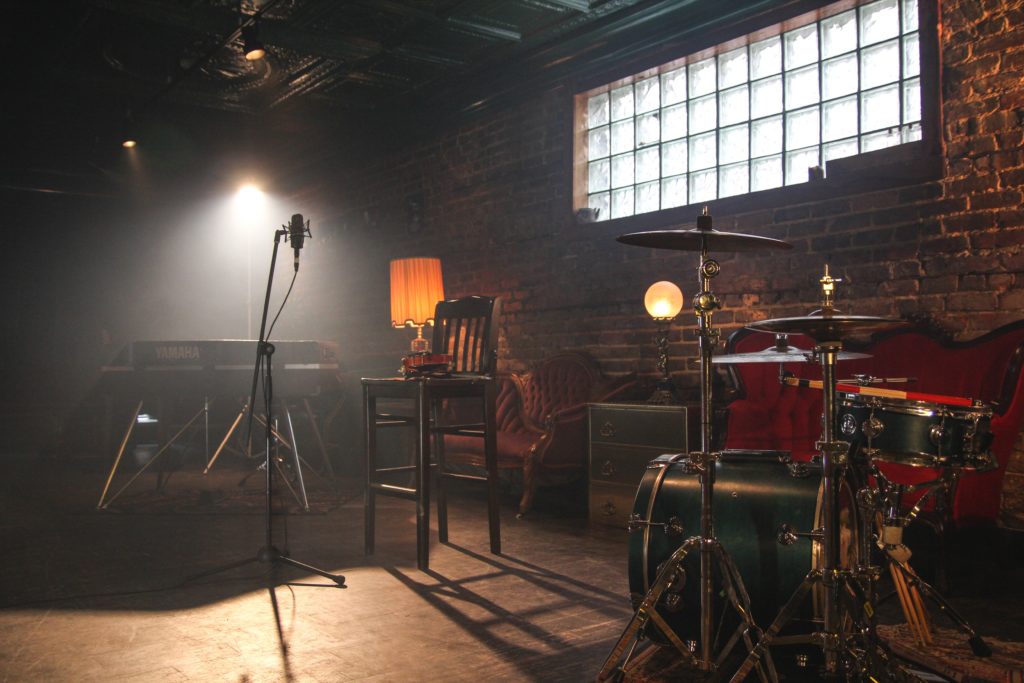
Understanding the Role of Music in Podcasts
Podcasts have taken the media world by storm, providing an avenue for individuals to create and share their own audio content with the world. While the content and delivery of a podcast are crucial, there is another element that often goes overlooked – music. Music plays a vital role in the production of a podcast, affecting everything from the listener’s psychological state to the overall branding of the show. In this article, we will explore the impact that music has on podcasts and why it is essential for podcast creators to carefully select and integrate music into their episodes.
Why music matters in podcasting
Music is a powerful tool that can enhance the overall listening experience of a podcast. It sets the tone, creates atmosphere, and evokes emotions in listeners. The right music can draw in the audience, captivate their attention, and make the podcast memorable. It serves as a creative element that complements the content of the show and adds depth and dimension to the storytelling. Without music, podcasts may feel flat and lack the ability to fully engage and connect with the audience.
The psychological impact of music on listeners
Music has a profound psychological impact on individuals, influencing their mood, emotions, and overall perception of a podcast. When used effectively, music can evoke feelings of joy, excitement, sadness, or suspense, heightening the listener’s emotional engagement with the content. By selecting the right music that aligns with the podcast’s theme and message, podcast creators have the power to create a specific atmosphere and establish a deep connection with their listeners.
Music as a branding element in podcasts
In the world of podcasts, branding is key to creating a cohesive and recognizable identity for a show. Music is a crucial element in establishing this brand identity. By selecting a distinct and memorable theme song or intro music, podcast creators can create an immediate association with their show in the minds of their listeners. The right music can convey the podcast’s tone, genre, and overall style, helping to solidify its brand and attract a specific target audience. It serves as an audio logo that sets the podcast apart from others and leaves a lasting impression on the listener.
Choosing the Right Podcast Music
Selecting the right music for a podcast can be a daunting task, as it requires careful consideration of several factors. The podcast’s theme, target audience, and desired tone must all be taken into account. Here are some key considerations to keep in mind when choosing podcast music:
Considerations for selecting podcast music
First and foremost, the music chosen for a podcast should align with the overall theme and content of the show. It should complement and enhance the storytelling, rather than distract or overwhelm it. Understanding the intended mood and atmosphere of the podcast is essential when selecting the appropriate music. Whether it’s a lighthearted comedy show or a suspenseful true crime series, the music should reflect and enhance the intended emotions and engage the listener on a deeper level.
Different music styles and their effects
Different music styles evoke different emotions and have varying effects on the listener. Consider the genre and style of music that will best suit the podcast’s theme and message. For example, classical music may create a sense of elegance and sophistication, while electronic music may elicit feelings of energy and excitement. Understanding the impact that different music genres have on the listener can help podcast creators make informed decisions when selecting music for their show.
Using music to create moods and emotions
One of the most powerful aspects of music is its ability to create and manipulate moods and emotions. By strategically selecting and using music throughout a podcast episode, creators can guide the listener’s emotional journey. For instance, uplifting and energetic music can be used to accompany inspiring stories or motivational messages, while soft and calming melodies can be paired with introspective or reflective moments. By harnessing the emotional power of music, podcast creators can enhance the overall listening experience and leave a lasting impact on their audience.
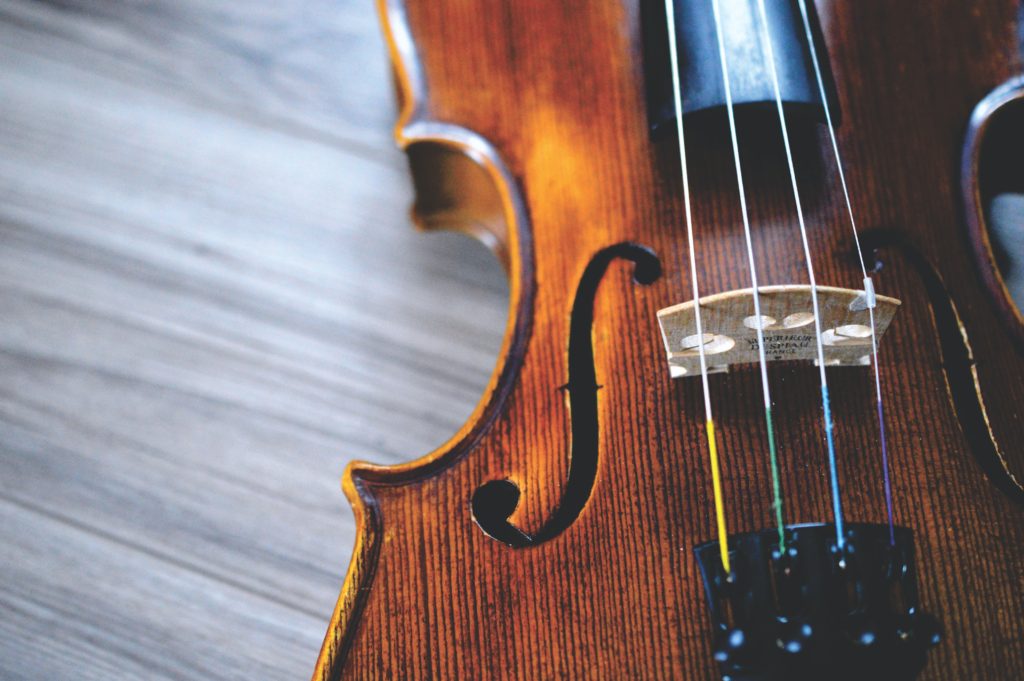
The Legalities of Using Music in Podcasts
When incorporating music into podcasts, it is essential to have a clear understanding of the legalities surrounding copyright and licensing. Using copyrighted music without permission or proper licensing can result in legal consequences. Here are some key points to consider when dealing with the legal aspects of podcast music:
Understanding copyright laws
Copyright laws protect the rights of the creators of the music, whether it’s the artist, songwriter, or record label. It is illegal to use copyrighted music in podcasts without obtaining the necessary licenses or permissions. This means that podcast creators must seek out royalty-free or licensed music that can be used legally in their episodes. Familiarizing oneself with copyright laws and ensuring compliance is crucial to avoiding legal troubles down the line.
Where to find royalty-free music for podcasts
Thankfully, there are numerous resources available that provide royalty-free music for use in podcasts. These platforms offer a wide range of music genres and styles that can be legally used without infringing on copyright laws. Websites such as Soundstripe, Epidemic Sound, and Artlist are popular options for podcast creators looking for high-quality, royalty-free music options. It is important to thoroughly research these platforms and understand their licensing terms before using their music.
Navigating the pros and cons of paid vs. free music resources
While there are free options available, it is essential to weigh the pros and cons of using paid vs. free music resources. Free music resources may have restrictions on usage, limited options, or lower quality tracks. On the other hand, paid resources often offer a wider selection of music, higher quality tracks, and more comprehensive licensing agreements. It is up to the podcast creator to decide which option aligns best with their budget and desired level of quality.
Technical Aspects of Incorporating Music in Podcasts
Incorporating music into a podcast involves understanding and utilizing various technical aspects of audio production. From editing and mixing to balancing music and dialogue, here are some essential technical considerations for integrating music seamlessly into a podcast episode:
Different states of audio for podcasting
To effectively integrate music into a podcast, it is important to have a good understanding of the different states of audio – raw, edited, and mixed. Raw audio refers to the original, unedited recordings, while edited audio involves removing any unwanted parts, adding effects, and adjusting levels. Once the audio is edited, it needs to be mixed, which involves balancing the different audio elements, such as dialogue, music, and sound effects, so that they work harmoniously together. Understanding these different states of audio is crucial for achieving a professional and polished sound in a podcast.
Editing and mixing music in podcast production
When editing and mixing music in a podcast, precision is key. The music should seamlessly transition in and out of the podcast, without any abrupt or jarring changes. It is important to pay attention to timing and tempo, ensuring that the music enhances the podcast’s flow and maintains a steady rhythm. Additionally, adjusting the levels of the music in relation to the dialogue is crucial to strike the right balance and prevent one from overpowering the other. Skillful editing and mixing can elevate the overall listening experience and make the music integration seamless.
Balancing music and dialogue in a podcast
Finding the right balance between music and dialogue is a delicate art. The music should enhance the storytelling and create a dynamic audio experience, but it should never overshadow or distract from the spoken content. To achieve this, podcast creators should ensure that the dialogue is clear and easily understandable, even when music is playing simultaneously. Careful equalization and panning techniques can be employed to ensure that both the music and dialogue have their own space within the audio mix. By striking the right balance, podcast creators can create a harmonious blend of music and dialogue that engages and captivates the listener.
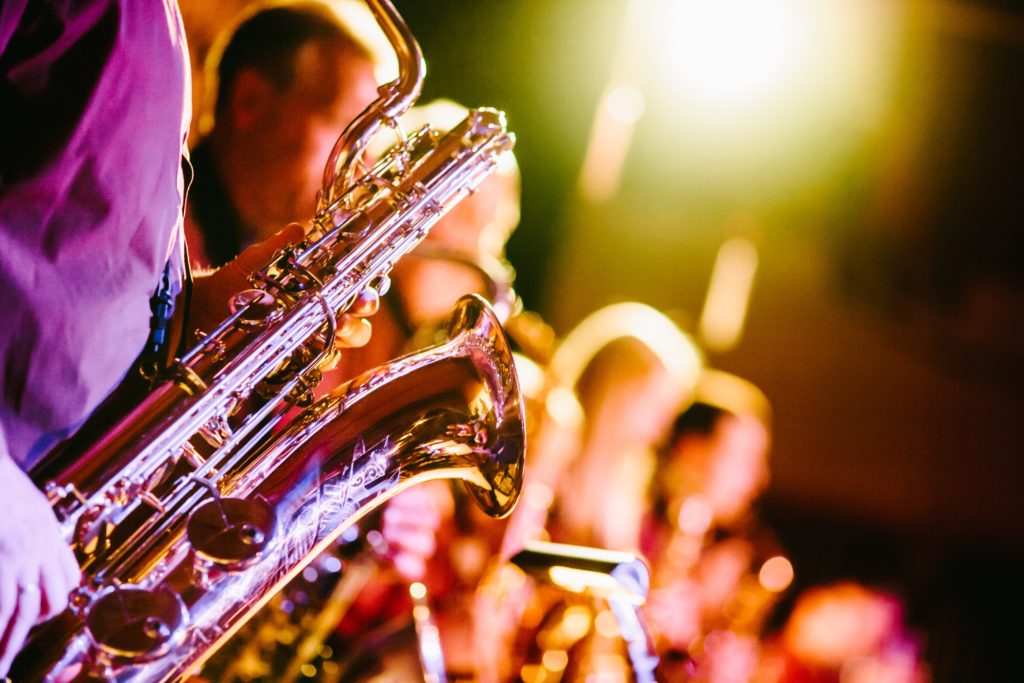
Podcast Production Equipment for Quality Music Integration
To ensure high-quality music integration in a podcast, it is essential to invest in the right audio equipment. Here are some key pieces of equipment that podcast creators can consider for quality music integration:
Importance of good audio equipment for podcast music integration
The quality of the audio equipment used in podcast production plays a significant role in the final sound output. Investing in good audio equipment, such as microphones, headphones, and studio monitors, can greatly enhance the overall audio quality and create a more immersive listening experience. It is important to prioritize equipment that will capture and reproduce the nuances of music accurately, as well as provide clear and precise sound reproduction for dialogue.
Review of popular podcasting microphones for music
Choosing the right microphone is crucial for capturing high-quality music in a podcast. The Shure SM7B Cardioid Dynamic Microphone and the Blue Yeti USB Microphone are popular choices among podcast creators for their versatility and superior sound quality. Both microphones offer excellent vocal reproduction and are capable of capturing the subtleties of music with great clarity. However, it is important to note that the choice of microphone largely depends on individual preference and the specific requirements of the podcast.
Using mixers and audio interfaces for connecting musical instruments
Incorporating musical instruments into a podcast requires the use of mixers and audio interfaces. Mixers allow podcast creators to control and adjust the levels of different audio sources, ensuring proper balance and clarity. The Behringer Xenyx X1204USB Premium 12-Input Mixer and the Yamaha MG10XU 10-Input Stereo Mixer with Effects are popular choices for podcasters looking to integrate musical instruments into their episodes. Audio interfaces, such as the Focusrite Scarlett 2i2 (3rd Gen) USB Audio Interface, enable the connection of musical instruments directly to a computer for recording. These tools provide podcast creators with the flexibility and control needed to seamlessly incorporate music into their episodes.
The role of studio monitors in podcast music production
Studio monitors play a critical role in the production and mixing of music in a podcast. They provide a more accurate representation of the audio being produced, allowing podcast creators to make informed decisions regarding levels, panning, and overall sound quality. The Audio-Technica ATH-M50x Professional Studio Monitor Headphones and the KRK ROKIT 5 G4 Studio Monitor are highly regarded options that deliver clear and detailed audio reproduction, making them ideal for podcast creators who want to ensure precise monitoring during the music integration process.
Software for Podcast Production and Music Integration
In addition to hardware equipment, podcast creators rely on various software tools to assist in the production and integration of music into their episodes. Here are some software options that can enhance the podcast production process:
Adobe Audition Podcasting Software
Adobe Audition is a professional-grade audio editing software that provides podcast creators with a wide range of tools and features to edit and mix their episodes. It offers versatile options for manipulating audio, including music tracks, allowing for seamless integration and precise control over the final sound output. With its intuitive interface and powerful capabilities, Adobe Audition is a popular choice among podcast creators for its ability to streamline the music integration process.
Audacity Free Audio Editor and Recorder
Audacity is a free, open-source audio editing software that offers a range of basic editing tools for podcast creators. While it may not have the advanced features of paid software, Audacity is a reliable option for those starting out or on a limited budget. It allows podcast creators to edit, mix, and export their episodes, including music tracks, with ease. Despite its simplicity, Audacity can still provide excellent results when it comes to integrating music into podcast episodes.
Music production software options for podcast creators
For podcast creators who want to take their music integration to the next level, music production software can be a valuable addition to their toolkit. Software options such as Ableton Live, Logic Pro, and FL Studio are popular choices for creating and editing original music for podcasts. These software tools offer advanced features and capabilities, allowing podcast creators to compose, produce, and manipulate music to suit their specific podcast needs. While these software options may require a steeper learning curve and investment of time, they provide podcast creators with the ability to create custom music that aligns perfectly with their podcast’s theme and branding.
Mastering and leveling tools for podcast music integration
Once the music has been integrated into a podcast episode, it is essential to ensure that the final sound output is balanced and cohesive. Mastering and leveling tools, such as Auphonic Audio Leveling and Mastering Tool, can automatically adjust the levels of audio elements, including music, dialogue, and sound effects, to achieve a consistent and polished sound. These tools can save podcast creators time and effort by automating the process of achieving a professional-sounding final mix.
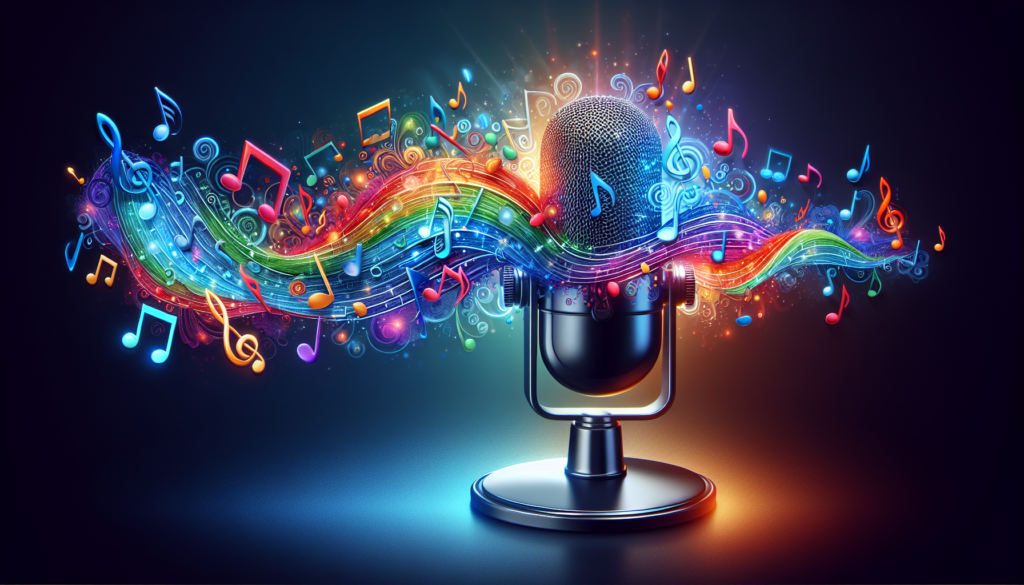
Case Study: Successful Use of Music in Popular Podcasts
To truly understand the impact of music in podcast production, it is helpful to examine successful podcasts that have effectively utilized music to enhance their episodes. Here are a few examples of podcasts that have successfully incorporated music and the lessons we can learn from their music strategies:
Successful podcasts and their music strategies
-
Serial: The popular true crime podcast Serial captivated audiences with its gripping storytelling and suspenseful music. By carefully selecting and integrating music that mirrored the mood and intensity of each episode, Serial created a sense of anticipation and heightened the listener’s engagement.
-
The Daily: The Daily, a news-oriented podcast by The New York Times, uses music to set the pace and create a sense of urgency. By using energetic and rhythmic music during their introductions and transitions, The Daily captures the attention of listeners and keeps them engaged throughout the episode.
-
The Joe Rogan Experience: The Joe Rogan Experience, a long-form conversational podcast, incorporates music during its intro and outro sequences. The music used reflects Joe Rogan’s casual and laid-back personality, creating a relaxed and welcoming atmosphere for listeners.
How music contributes to the success of these podcasts
In each of the above examples, music played a pivotal role in contributing to the success of the podcasts. The well-chosen and thoughtfully integrated music added depth and emotion to the storytelling, capturing the listeners’ attention and immersing them in the content. By effectively using music to enhance the mood, pace, and overall atmosphere of the episodes, these podcasts created a unique and memorable listening experience that kept audiences coming back for more.
Lessons learned from these podcast music success stories
From these podcast music success stories, several valuable lessons can be learned. First and foremost, music should be carefully selected to align with the podcast’s theme and overall goals. It should enhance the storytelling and create an emotional connection with the listener. Additionally, music should be integrated seamlessly throughout the episode, transitioning smoothly between different segments and creating a cohesive listening experience. Lastly, music should not overpower the dialogue or distract from the content of the podcast. It should complement the spoken word and enhance the overall listening experience, rather than overshadow it.
The Impact of Music on Podcast Audience Engagement
The integration of music into a podcast has a profound impact on audience engagement. Here are some key ways in which music influences podcast listenership numbers, audience retention, and overall interaction:
The effect of music on podcast listenership numbers
Music can play a significant role in attracting and retaining listeners, ultimately impacting podcast listenership numbers. Well-integrated music helps capture the attention of potential listeners and leaves a lasting impression, making them more likely to subscribe and continue listening to future episodes. Additionally, music can also serve as a catalyst for word-of-mouth promotion, as listeners may share their favorite podcasts with friends and family based on the enjoyment they derive from the music.
Music’s role in retaining podcast audience
The use of music can greatly contribute to the overall listening experience and influence audience retention. Engaging and emotionally evocative music can create a deeper connection with the listener, prompting them to continue listening and eagerly anticipate new episodes. By consistently incorporating compelling music into their episodes, podcast creators can cultivate a loyal fan base that eagerly awaits each new release.
The influence of music on podcast audience feedback and interaction
Music can also have an impact on the level of audience feedback and interaction. When music effectively enhances the listening experience, listeners are more likely to engage with the content and provide feedback, whether through reviews, comments, or social media interactions. The emotional power of music can elicit strong reactions and inspire listeners to share their thoughts and experiences related to the podcast. By leveraging the influence of music, podcast creators can foster a community of engaged listeners who actively participate and contribute to the growth of the show.
The Future of Music in Podcast Production
As the podcasting industry continues to evolve, so does the integration of music into podcast production. Here are some trends and predictions for the future of music in podcasting:
Trends in musical integration in podcasts
One emerging trend in musical integration in podcasts is the use of original compositions and custom music. Podcast creators are increasingly commissioning musicians or composing their own music to create a unique and distinctive sound for their shows. This allows them to fully align the music with the podcast’s theme, tone, and branding, resulting in a more seamless and immersive listening experience.
How the podcasting industry might evolve musically
As the podcasting industry continues to grow, the demand for high-quality music integration will inevitably increase. This may lead to more specialized roles within podcast production, such as dedicated music composers or music supervisors, who work alongside podcast creators to curate and create music specifically tailored to their shows. Additionally, advancements in audio technology will likely provide podcast creators with even more tools to enhance their music integration, resulting in more sophisticated and immersive soundscapes.
Predictions and expectations for the future of podcast music
In the future, podcast music is expected to become even more personalized and interactive. With the rise of interactive audio platforms and technologies, such as voice-activated smart speakers and augmented reality, podcast creators will have the opportunity to create unique music experiences that further engage the listener. Listeners may have the ability to influence the music selection or even interact with the music in real-time, allowing for a fully immersive and personalized listening experience.
Conclusion: The Pivotal Role of Music in Podcast Production
In conclusion, music plays a pivotal role in podcast production. Its impact on listeners is undeniable, as it has the ability to create moods, evoke emotions, and immerse the audience in the storytelling. Music serves as a branding element that helps establish a podcast’s identity and attract a specific target audience. However, it is important for podcast creators to navigate the legalities of using music and ensure that they have the necessary licenses and permissions to avoid legal troubles.
Technical knowledge and the right equipment are essential for seamlessly integrating music into a podcast. Skilled editing, mixing, and balancing of music and dialogue can greatly enhance the listening experience and create a professional and polished final product. Software tools such as Adobe Audition and Audacity can assist in the production and editing process, while music production software provides opportunity for custom compositions.
Successful podcasts demonstrate the power of music in capturing and retaining an audience. Thoughtful and strategic music integration can contribute to listenership numbers, audience retention, and overall engagement. By harnessing the emotional impact of music, podcast creators can create a unique and memorable listening experience that sets their show apart.
As the podcasting industry continues to evolve, the integration of music will undoubtedly play an even more significant role. Custom compositions, interactive experiences, and advancements in audio technology are poised to shape the future of podcast music. Podcast creators must stay ahead of these trends, utilizing music to its fullest potential and continuously innovating to create a truly immersive and captivating audio experience for their listeners.
In conclusion, music is not just an accompaniment to a podcast; it is a powerful tool that can elevate the entire production. By understanding the role of music, carefully selecting the right tracks, and integrating them seamlessly, podcast creators can create an audio experience that captivates, engages, and leaves a lasting impact on their audience. So, whether you’re just starting out or looking to improve your existing podcast, remember the pivotal role that music plays and the endless possibilities it offers for creating an unforgettable podcast. Happy podcasting!
